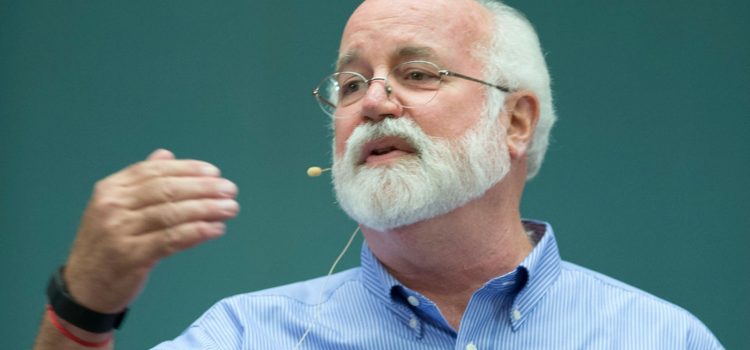Did you know the key to lasting relationships is divine purpose? How can you build a spiritual foundation in your relationship? Michael Todd’s book Relationship Goals explores how priorities in relationships shape our connections with both God and others. The divine blueprint for relationships reveals that spiritual foundations are essential for creating stable, fulfilling connections in all areas of life. Keep reading to discover transformative principles that will revolutionize your approach to relationships.
Spiritual Priorities in Relationships: The Divine Blueprint










